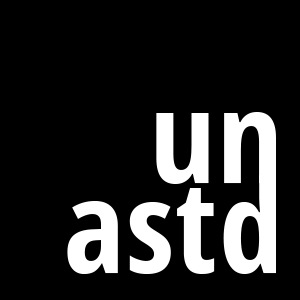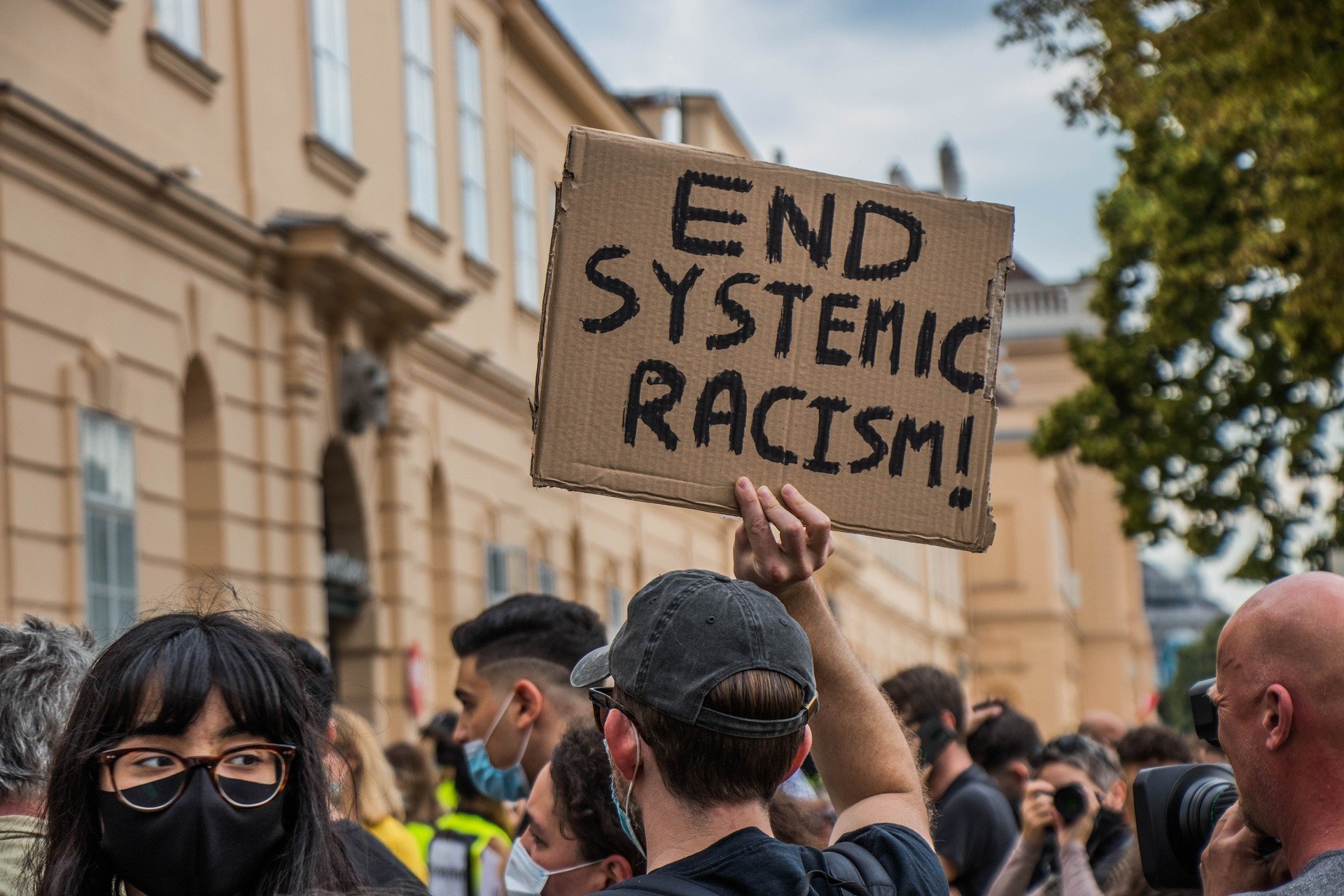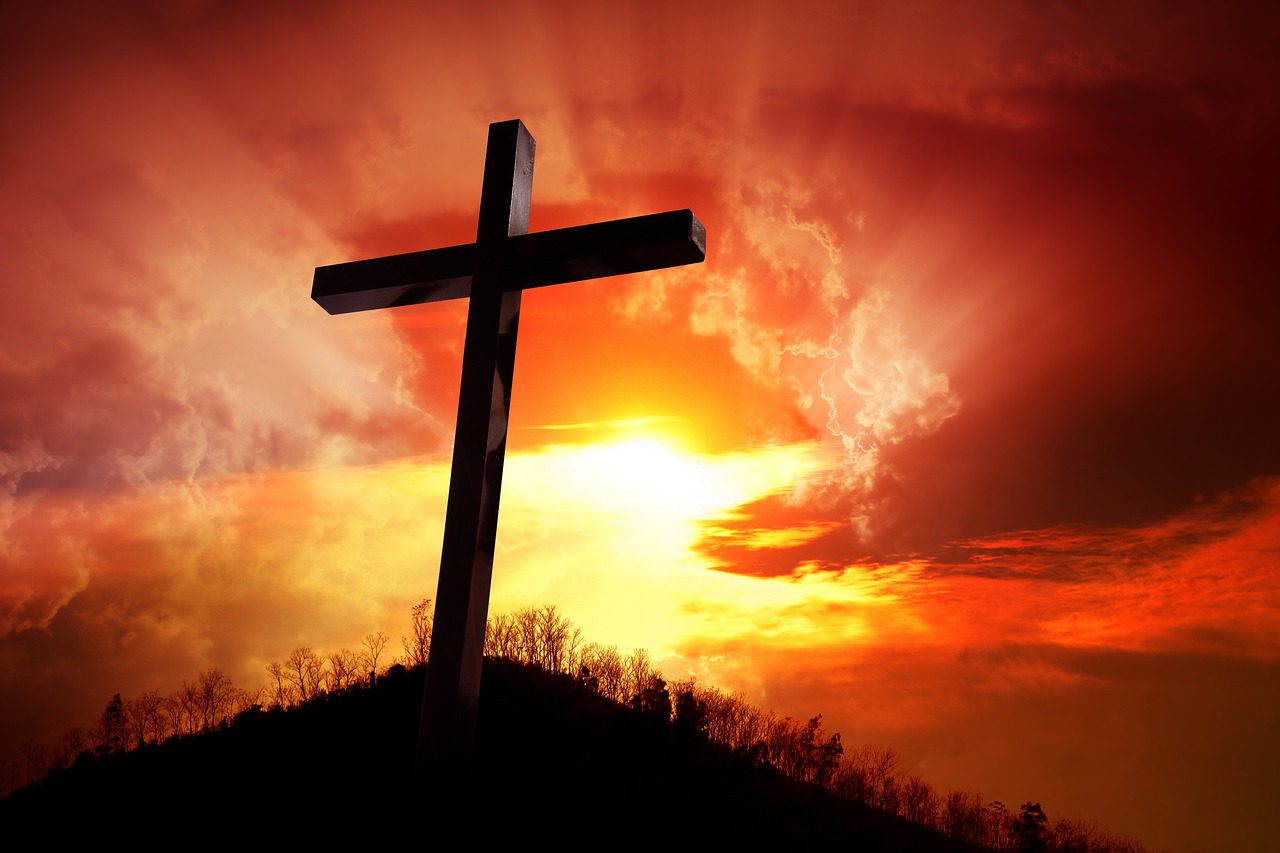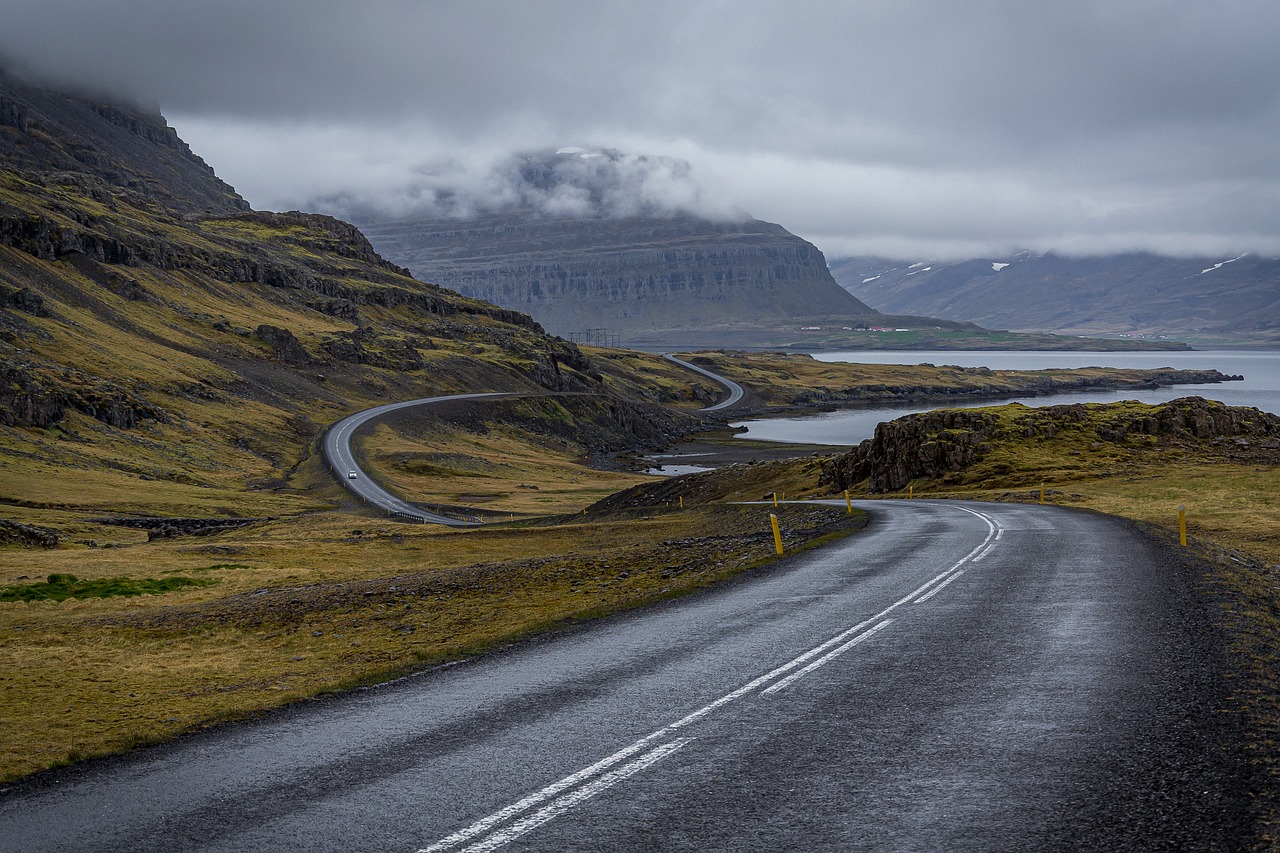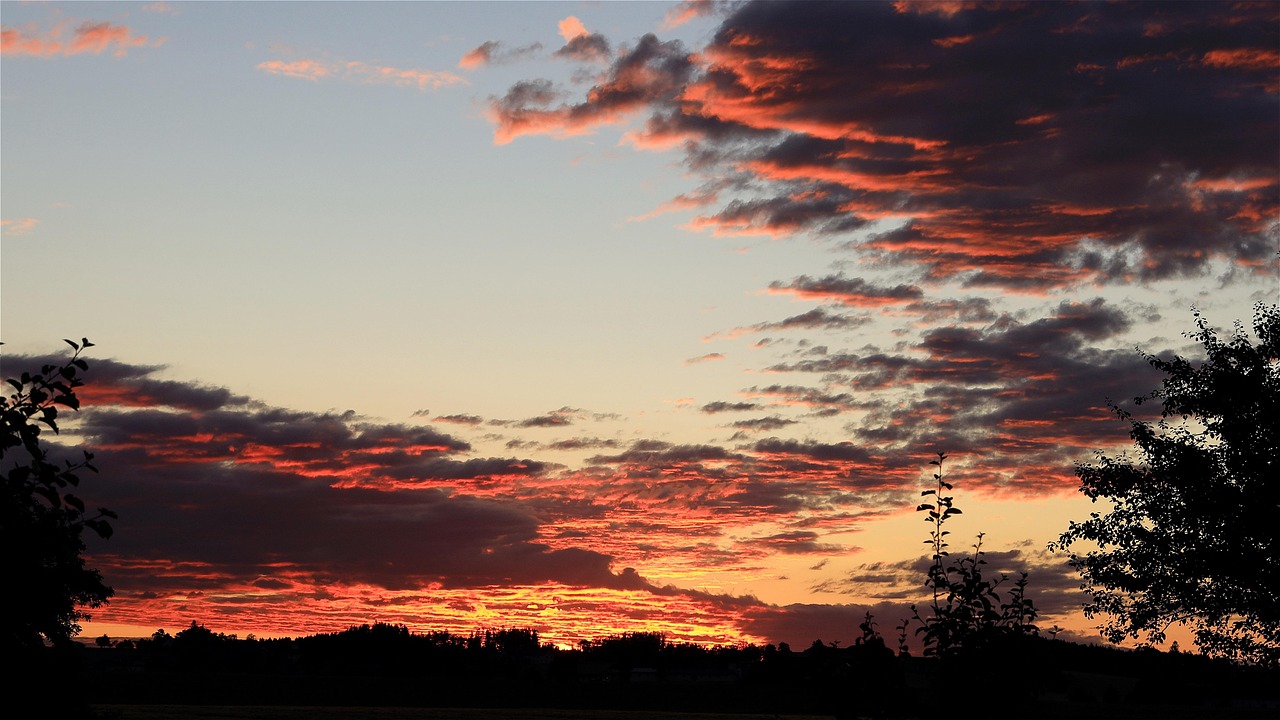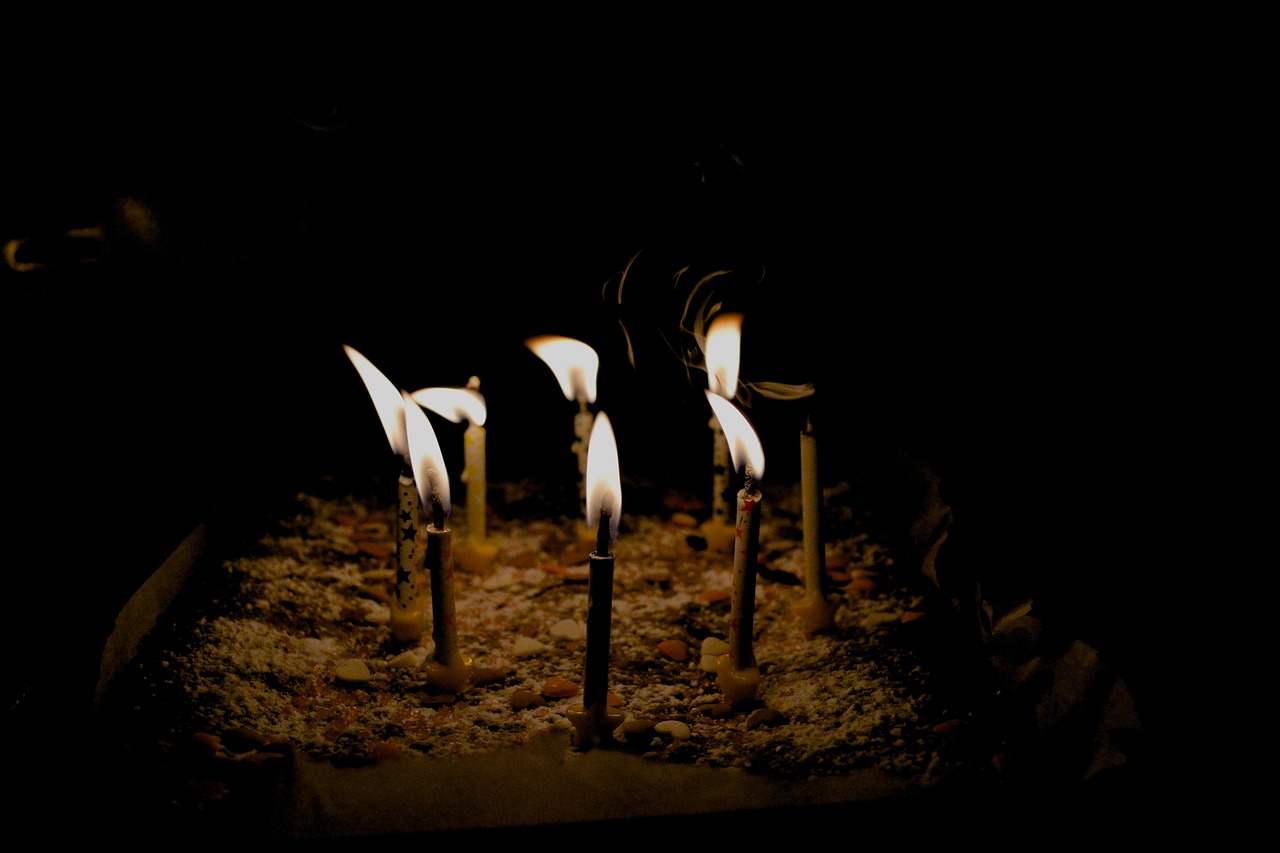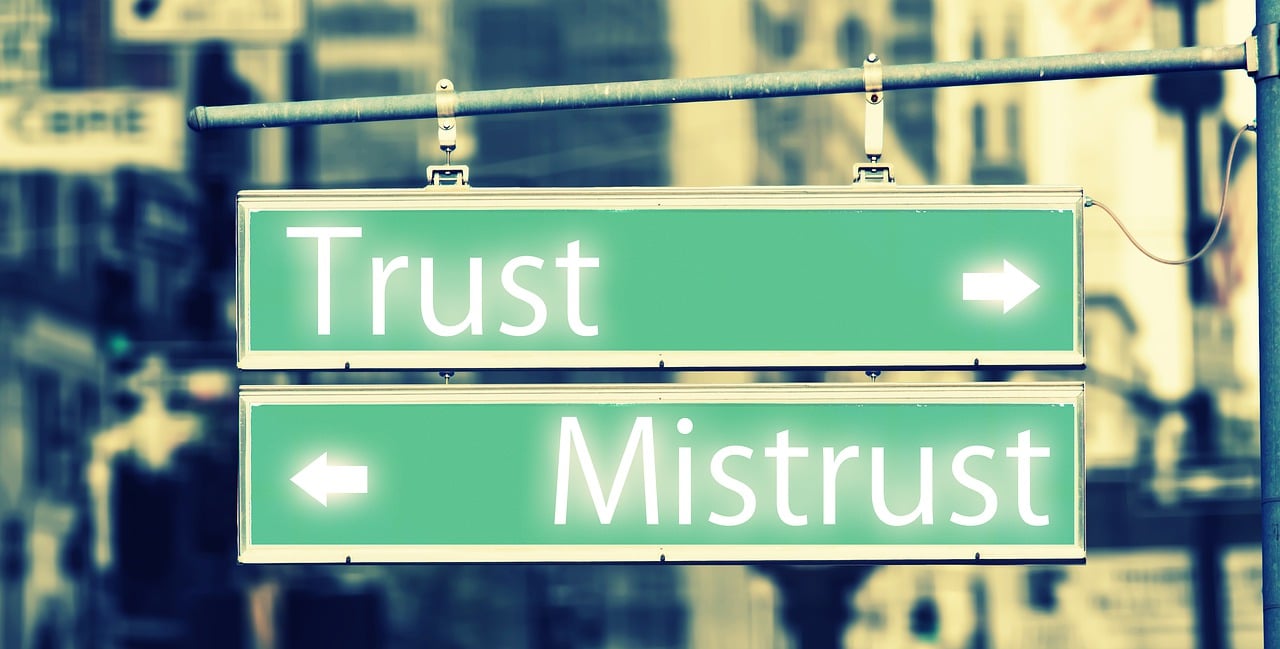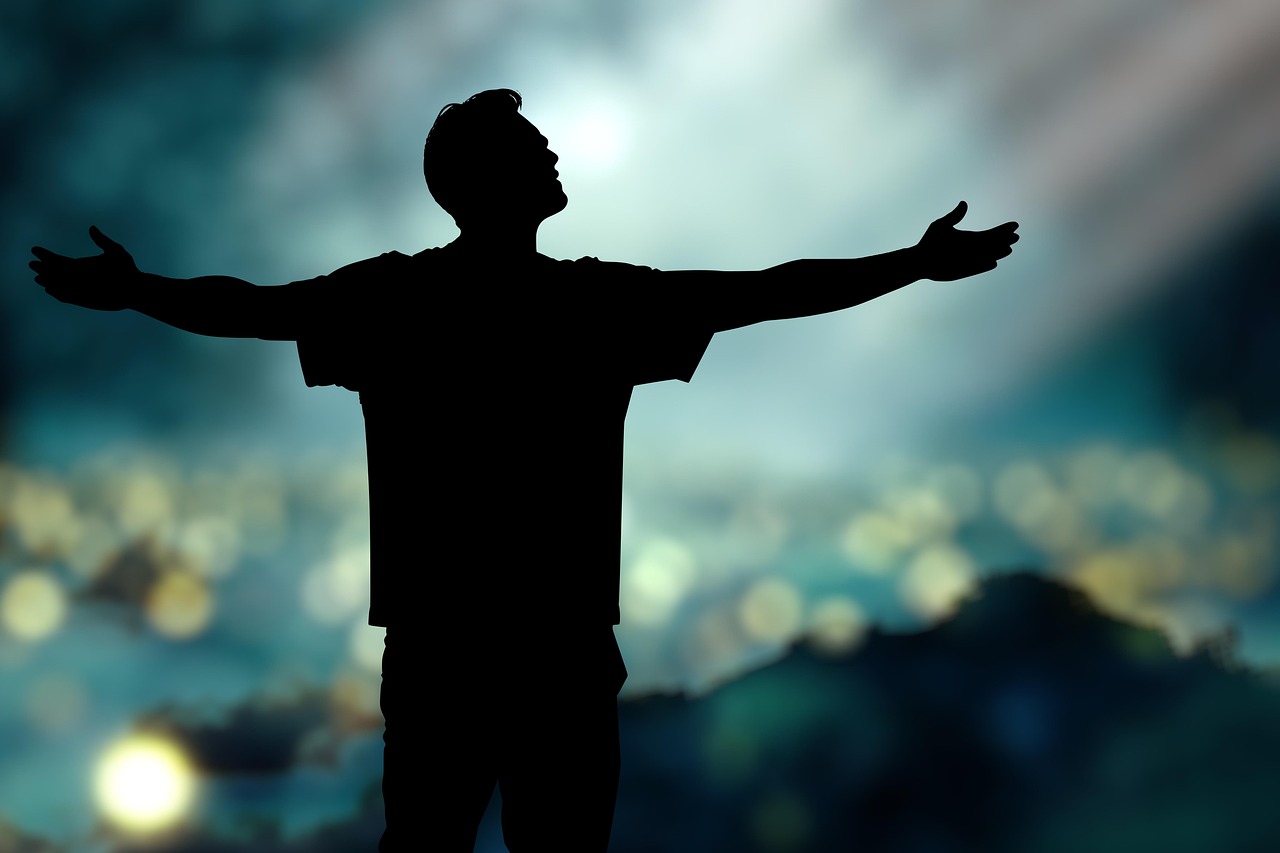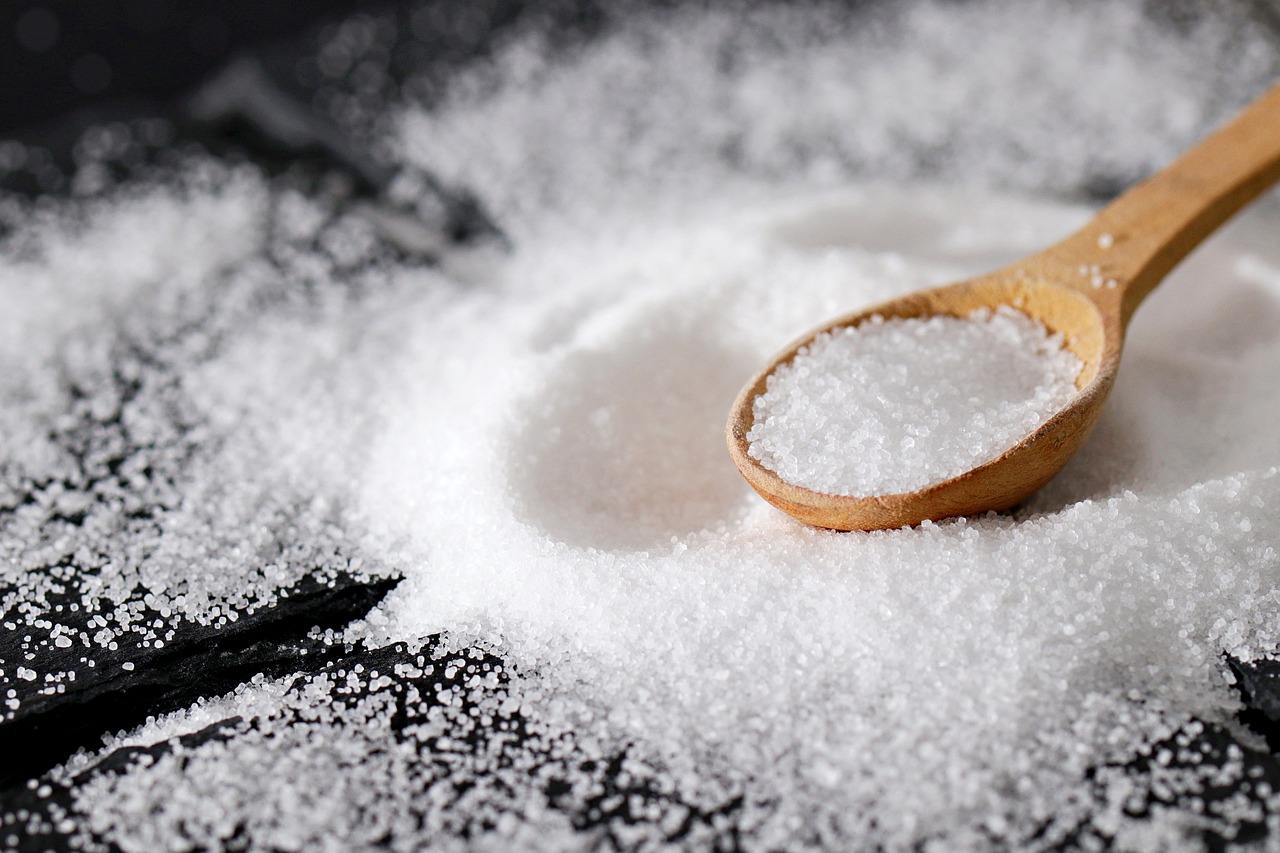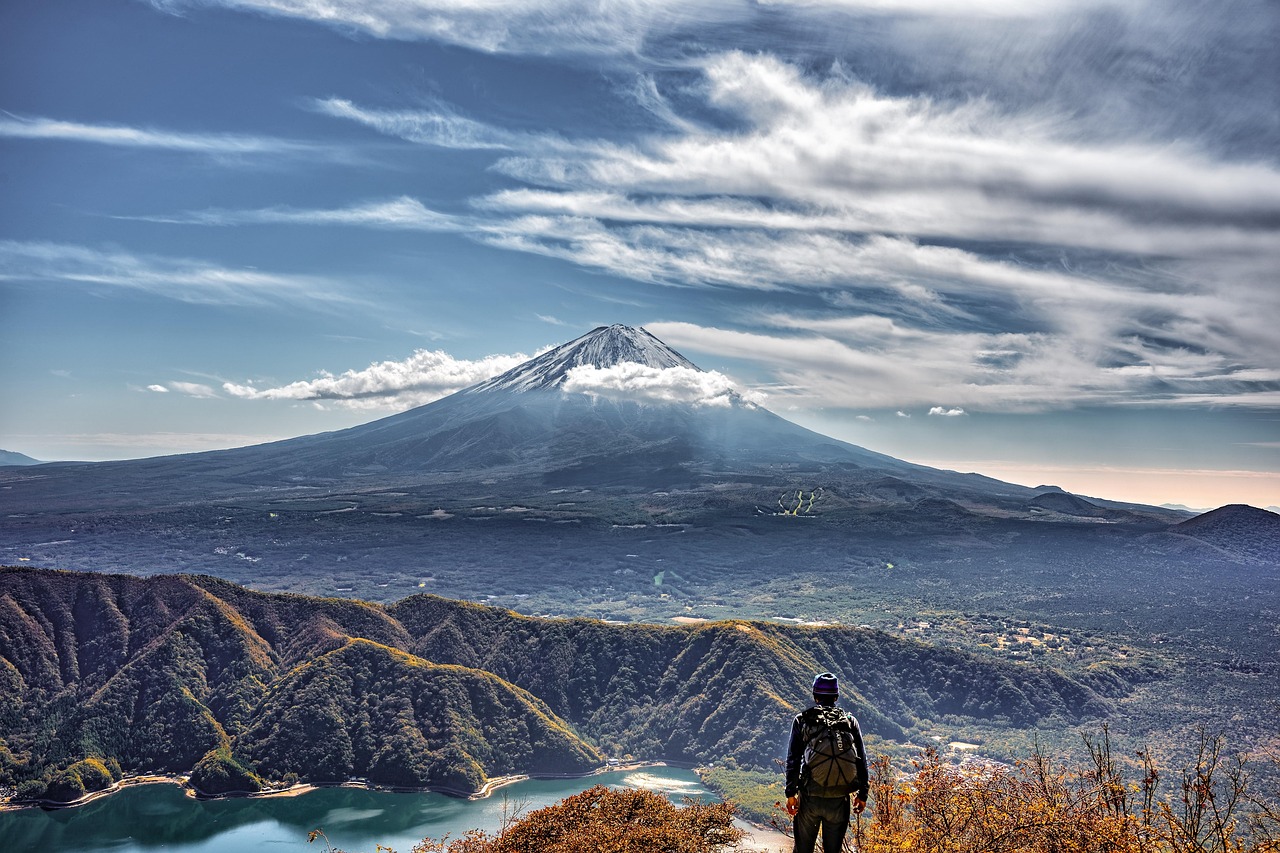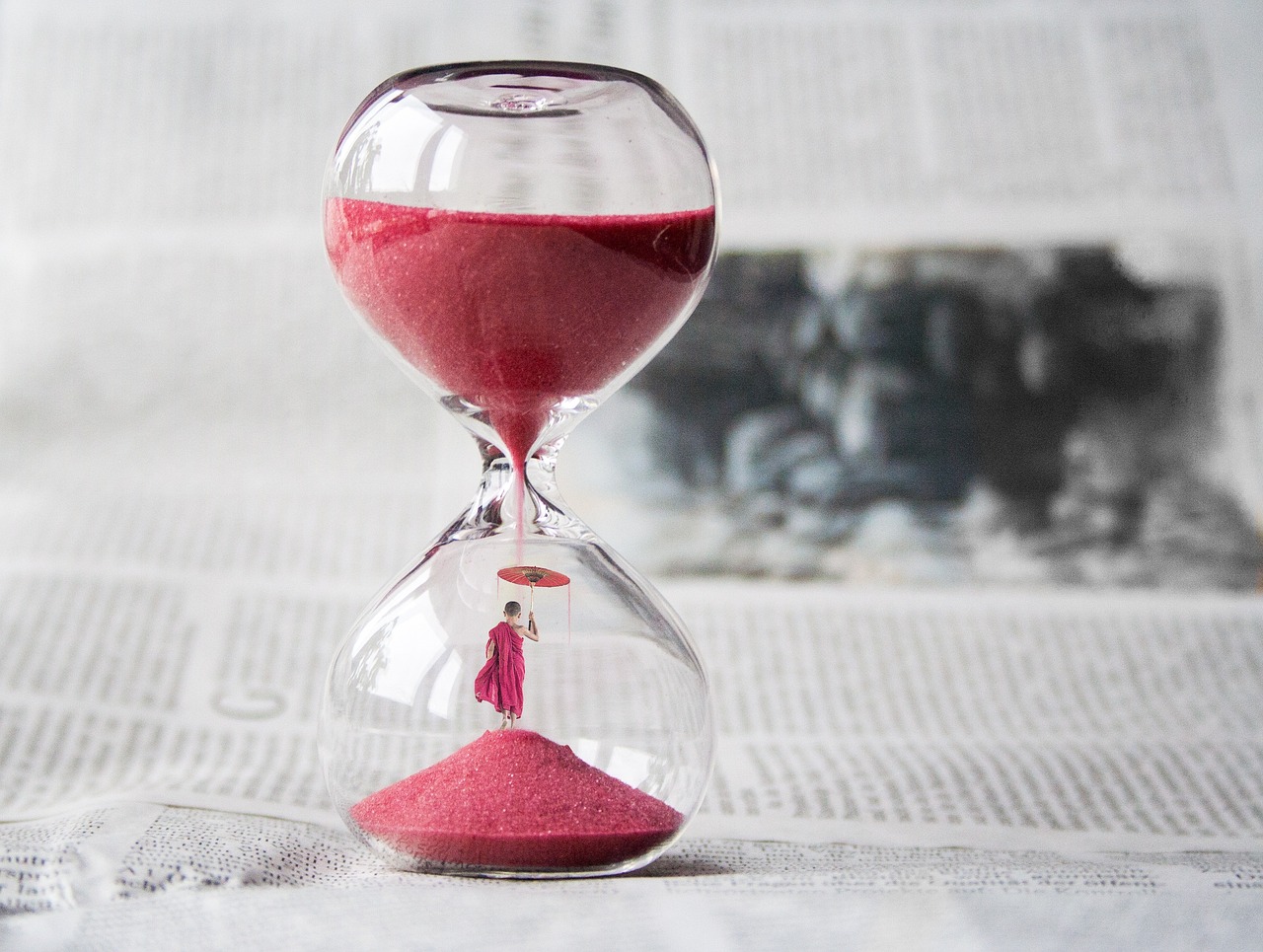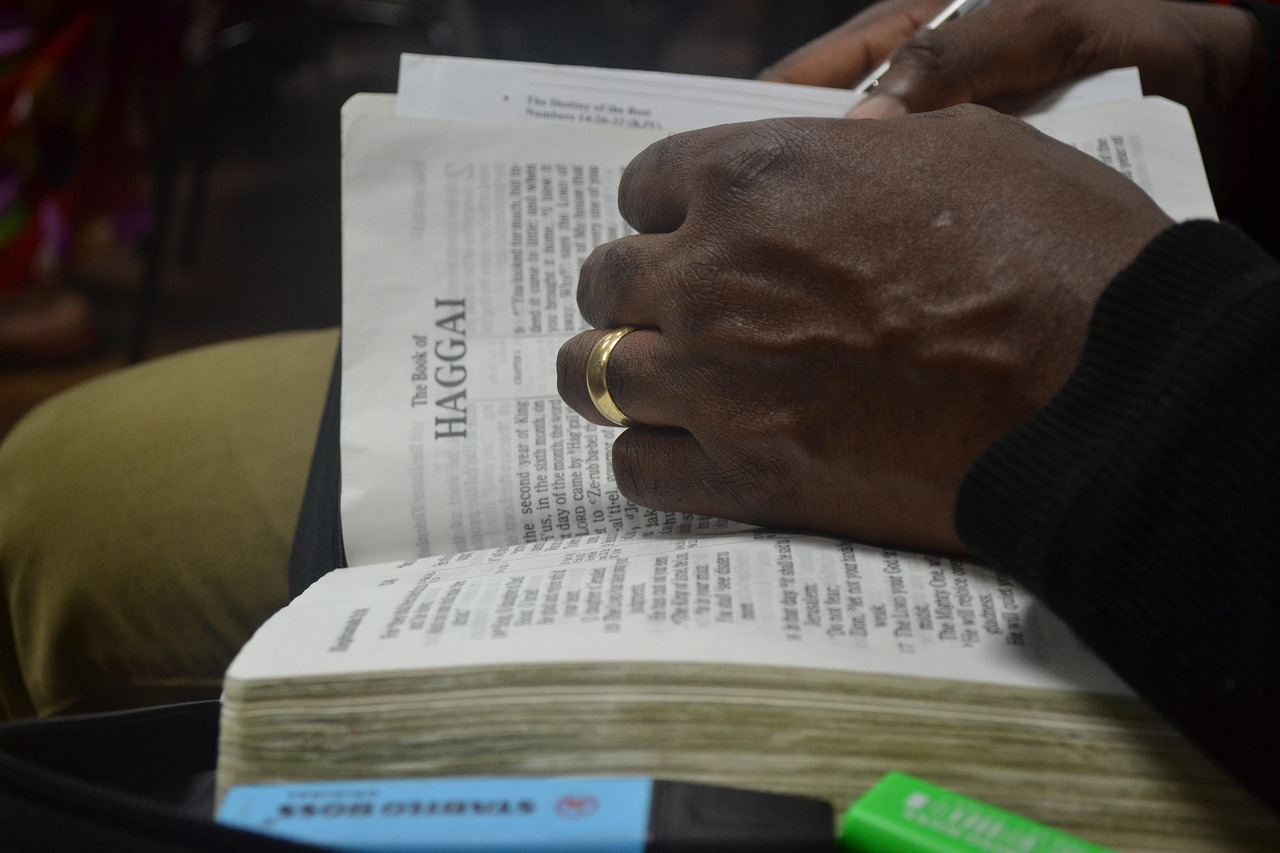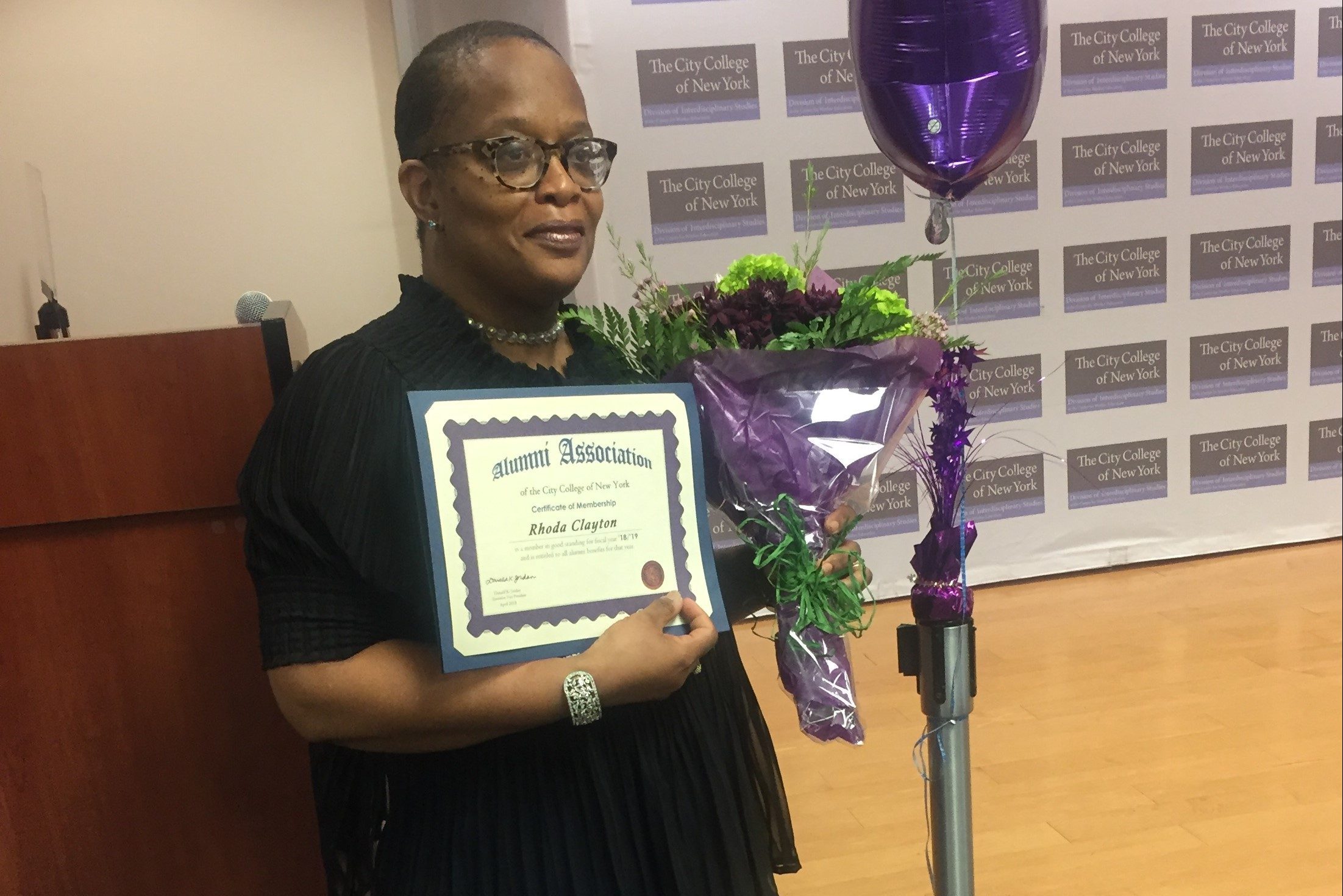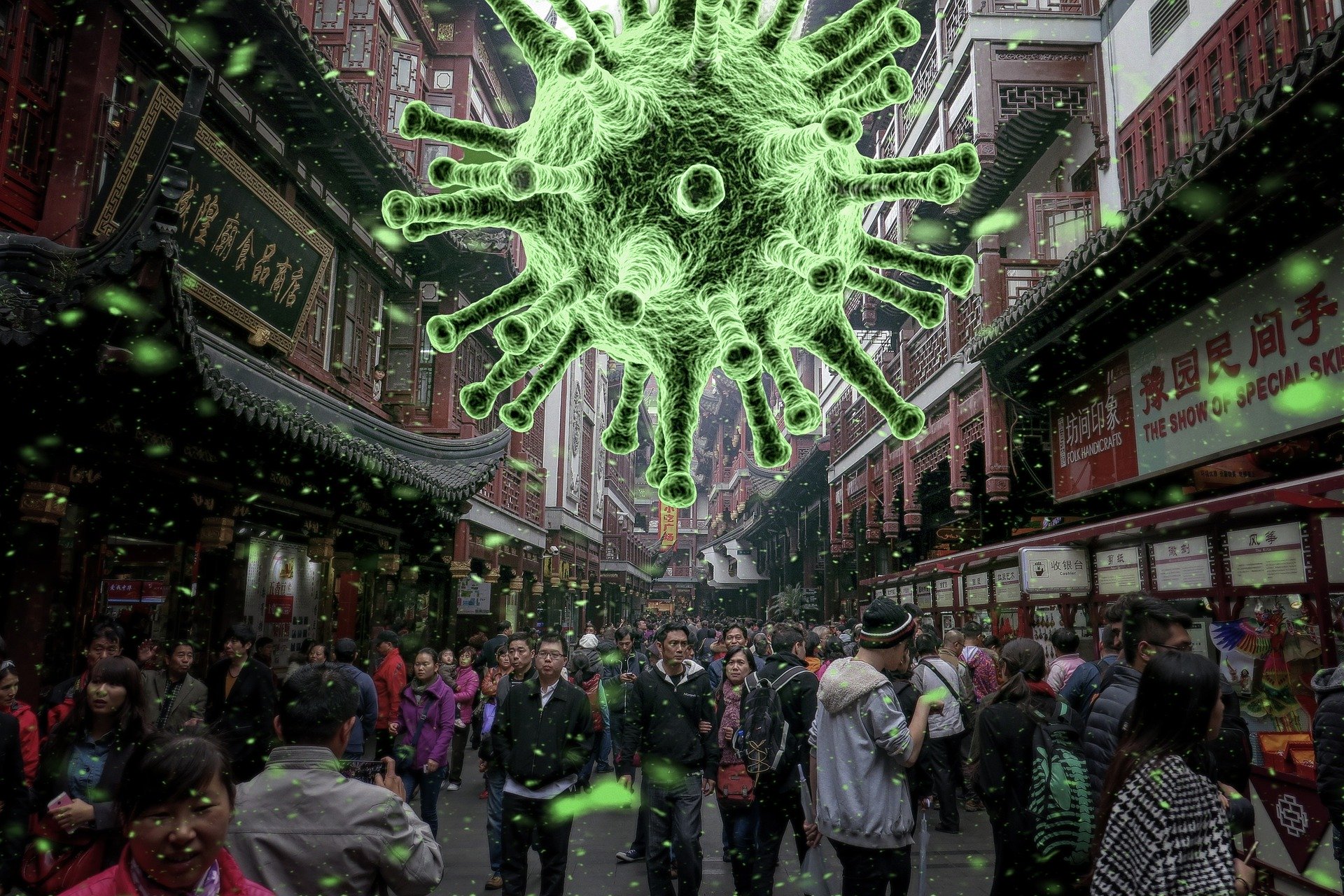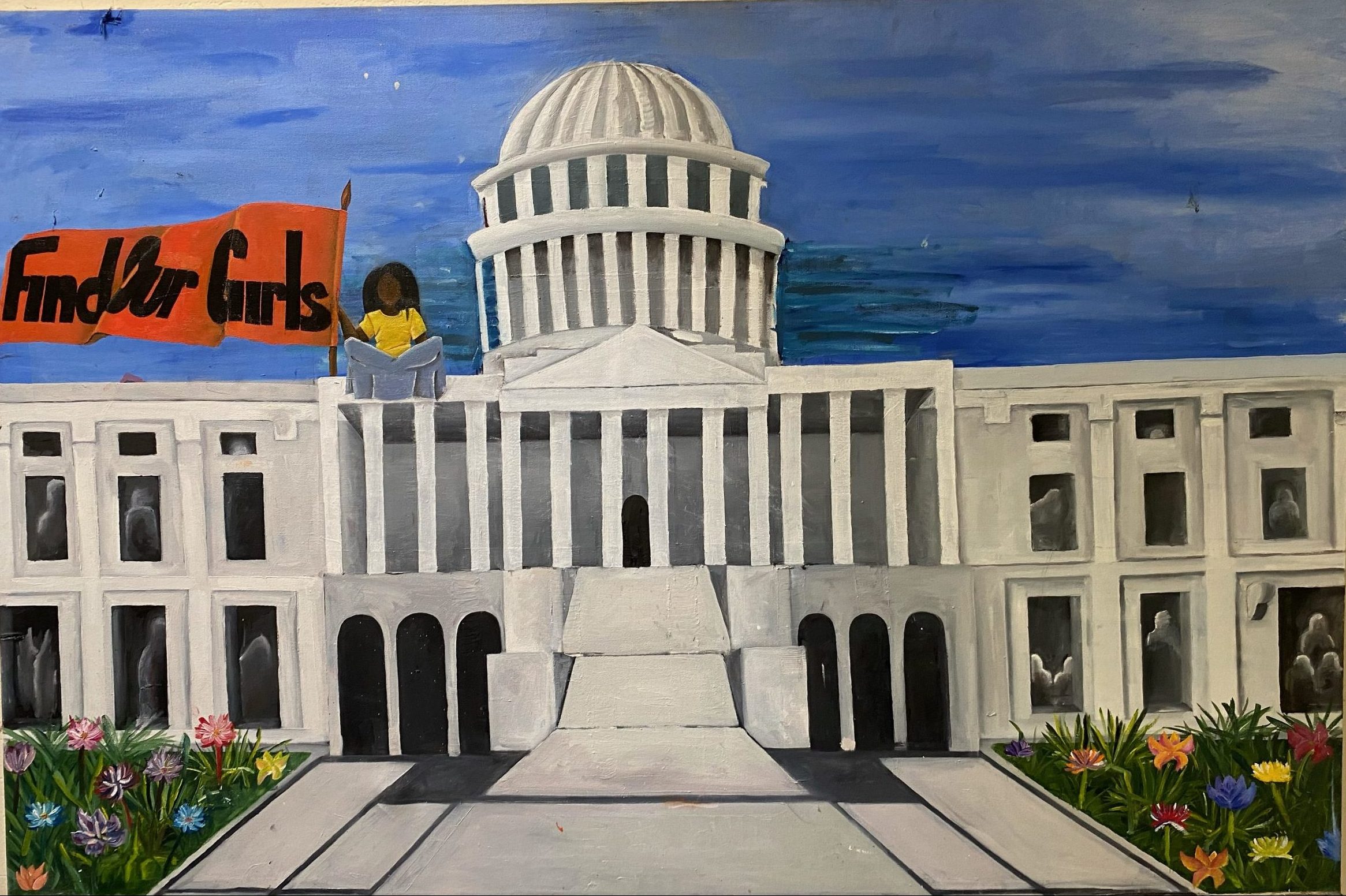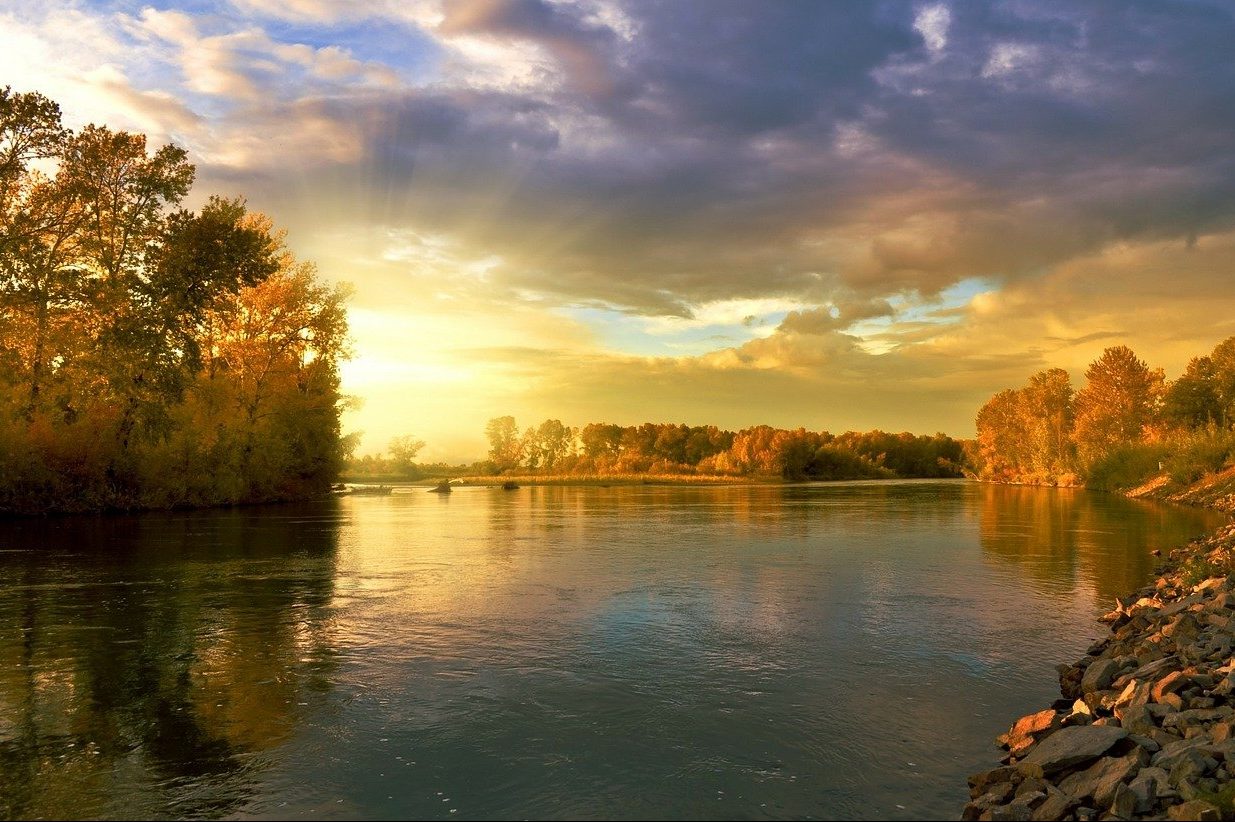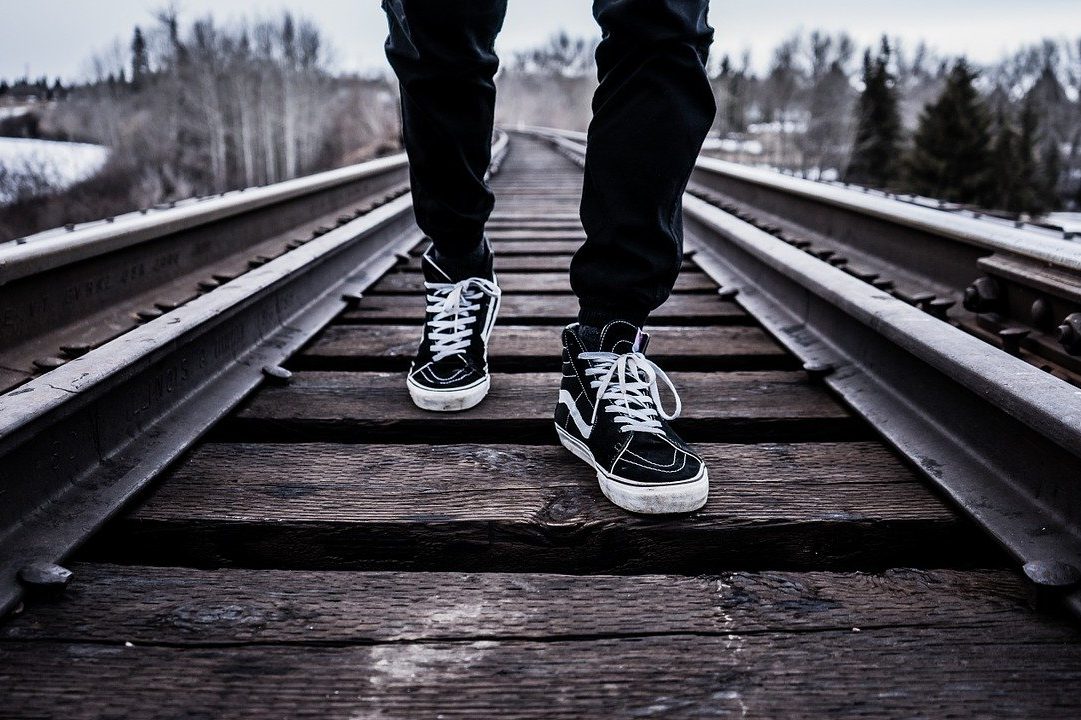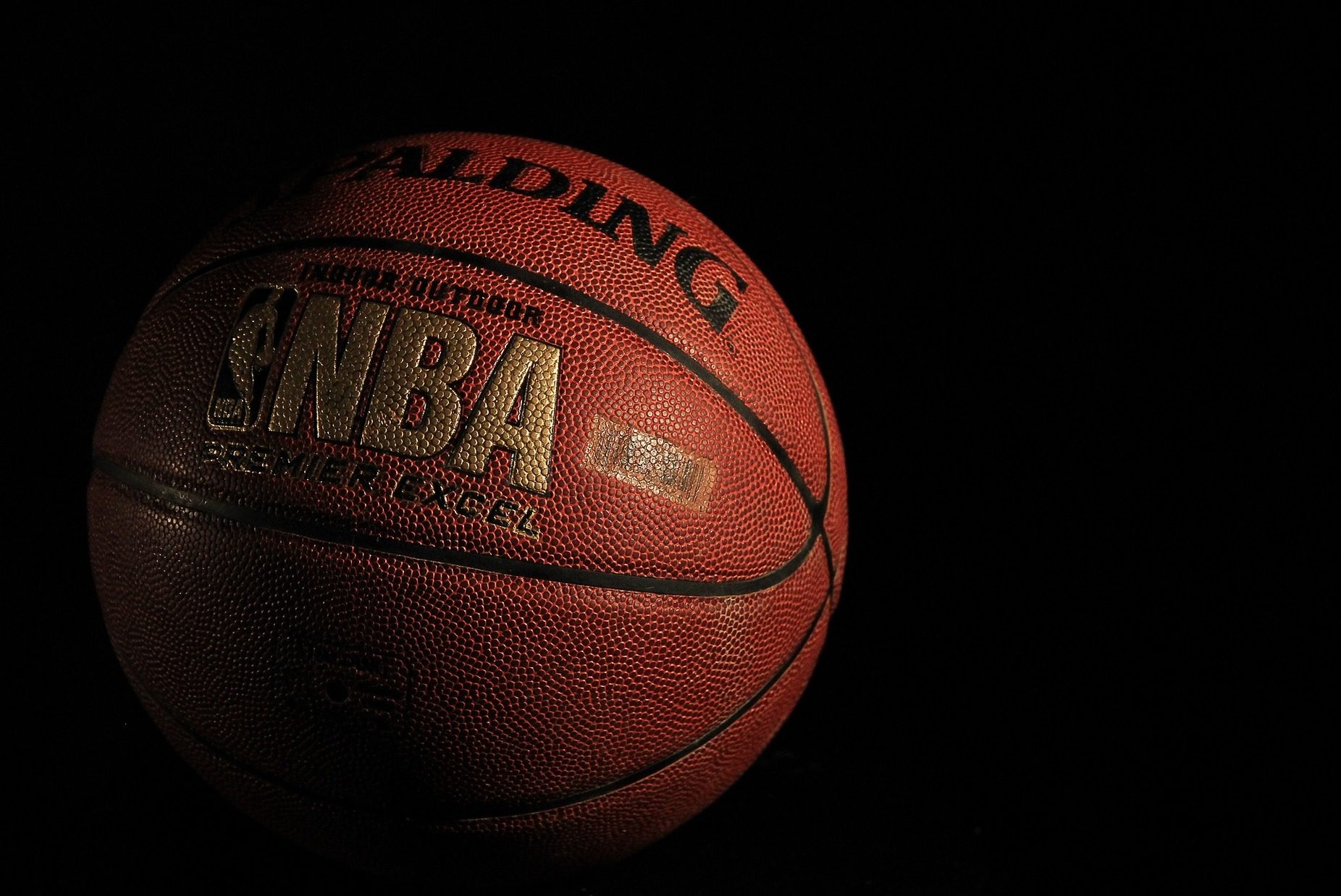Who loves you?
Jehovah Jireh
Who else?
God
And you are?
Somebody
Growing up in church, we had what was called Children’s Hour. It was a time where all the children came to the front of the church, lined up in front of the altar and listened as an adult read to us the biography of a person in Black history, in our history. As young as I was, I still remember the names of the transformative people we learned about – Lewis Latimer, Medgar Evers, Maya Angelou, Josephine Baker – just to name a few. But what sticks out in my mind just as vividly as the names of those that paved the way for me are those questions above. At the end of every Children’s Hour, we were asked those three questions – questions that reinforced to us that we were loved, that we had a church community beside us, a God who loved us and that we, ourselves, were important. Children’s Hour taught us, even in our youth, that we came from a rich and innovative history and with the love of the church, the resilience of our ancestors and by the grace of God, we, too, would etch our names in our history.
I’m sure it is a combination of things, but I know for a fact that Children’s Hour is, in part, why it never occurred to me that my life didn’t matter. That the lives of anyone that looked like me – family, peers, etc. didn’t matter. I’ve heard the stories of my great-grandfather being targeted after by the Klan after building the first Pentecostal Church in Florida, of my father’s roommate who hung his confederate flag on their dorm wall and the officer that followed my parents home but in spite of their horror stories, the ones I’ve heard and the ones I have not, my great-grandfather and my parents never doubted the value of their lives. I am not going to pretend I have been in any of their respective situations, but I can say with certainty that they always knew their lives had value because I was raised to believe the same. Society’s inability to treat them in a manner they didn’t deserve had no bearing on the truth – a truth that has not changed: Black Lives Matter.
Black Lives Matter is a movement that was started as a result of Trayvon Martin’s wrongful murder at the hands of George Zimmerman – an overzealous neighborhood watchmen. That was in 2012. The issue, not with BLM, but with the common misunderstanding around the statement itself is that people actually believe our lives began to matter then – in 2012, not the moment we were created by God. People actually believe that we are saying our lives are better than any other lives. People actually believe that declaring that Black Lives Matter is political. When, in actuality, it is an abandoned fact. When, in actuality, the statement is reminding America and its citizens that we matter as well because if history is any indication, our lives mean very little.
On Friday, I was among many that got to paint the BLACK LIVES MATTER mural from 125th-127th Streets and Adam Clayton Powell Boulevard. It might seem small except there is no way that mural, those words and that experience could be described as small. Many people spoke like Rev. Al Sharpton and Attorney General Letitia James but the common theme in all their words was Black lives have always mattered here. Harlem has been a home to the Black Community since the Great Migration and despite the pervasive efforts of gentrification, it still is. Most places are placing Black Lives Matter murals in the streets to counteract the racism in their areas or are doing so while not serving the Black community. However, the moment felt all the more special as I stood where Langston Hughes and Marcus Garvey and Zora Neale Hurston and so many prolific Black lives lived and fought. It felt all the more special because our mural is substantiation of the fact that Black lives have always mattered in Harlem.
Usually, in my editorials, there is a lesson to be learned. I have some insight or wisdom to impart, but I just wanted to share an experience, to share a historic moment I got to be a part of and the historic moments and people and places that have shaped me and helped me to understand that neither my skin nor my blackness is a weapon, but a blessing. It is a license to be resilient, to be historic and to always know that I matter. We matter. Black. Lives. Matter.
